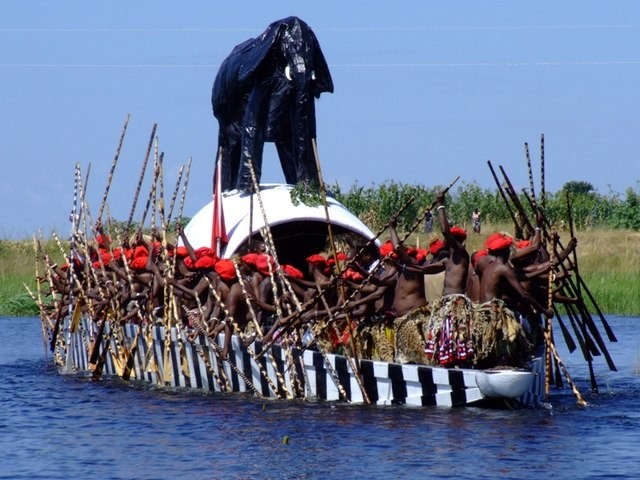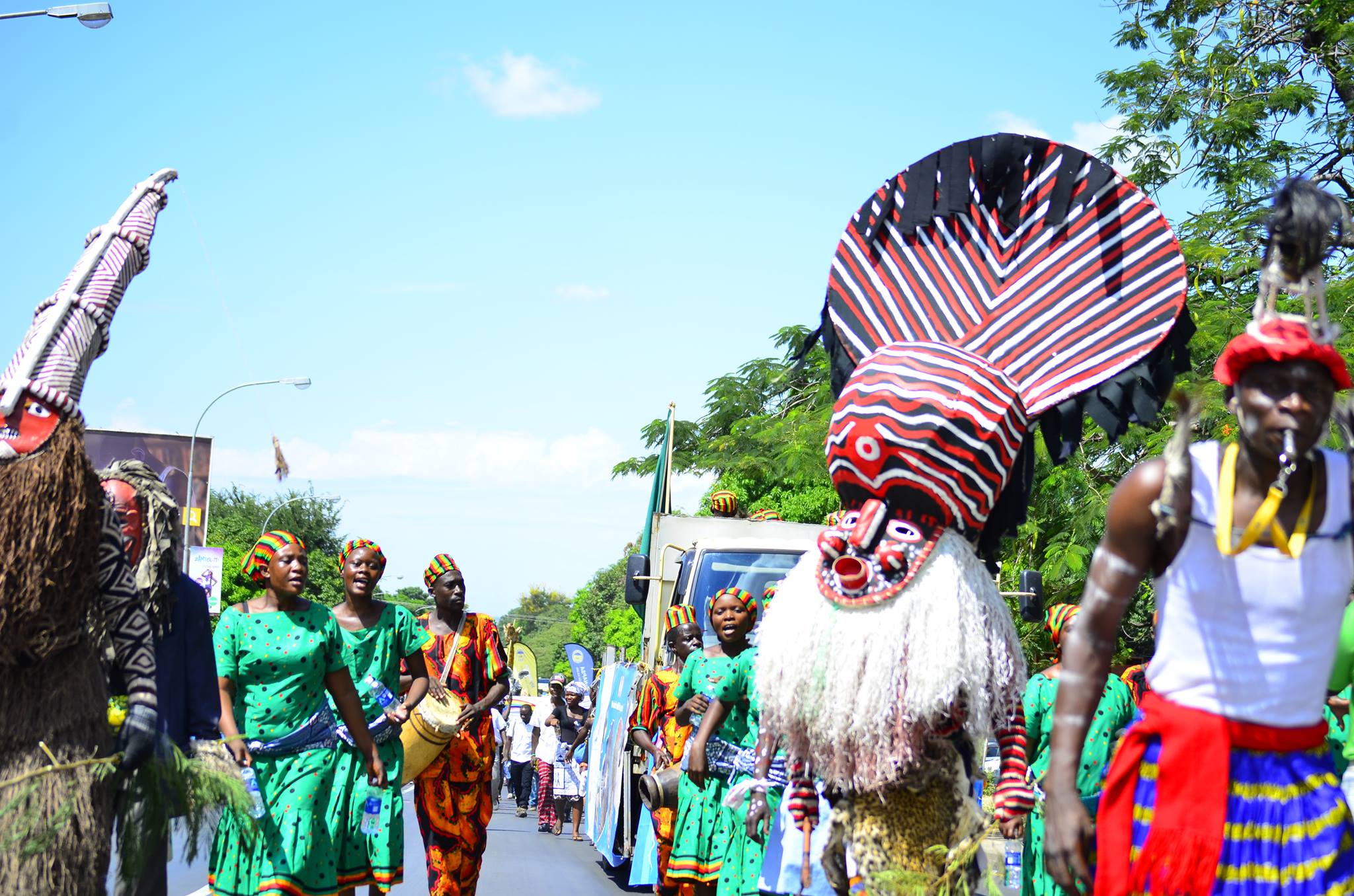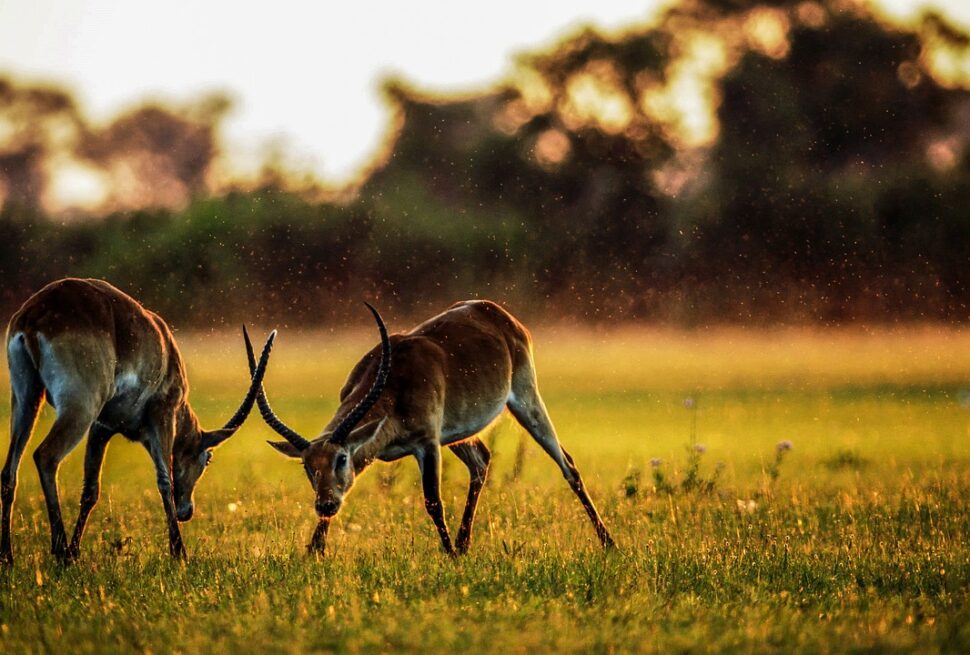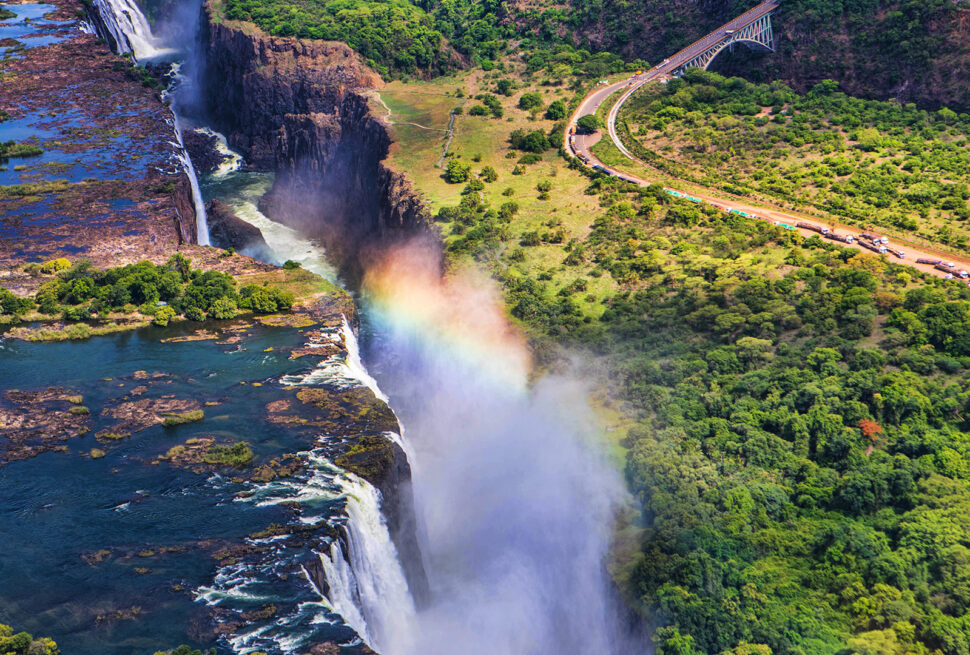Zambia is a country of remarkable diversity, not only in its landscapes and wildlife but also in its cultural heritage. The nation is home to over 70 distinct ethnic groups, each with its own unique traditions, languages, and customs. Exploring Zambia’s tribal heritage offers a profound insight into the rich tapestry of its people and their ways of life. In this blog, we’ll delve into the fascinating world of Zambia’s tribes, their cultural practices, and how you can experience these cultural riches firsthand.
The Diversity of Zambia’s Ethnic Groups
Zambia’s tribal diversity is a testament to its rich history and cultural complexity. Some of the prominent ethnic groups include:
- Bemba: The Bemba are one of Zambia’s largest ethnic groups, known for their vibrant traditional ceremonies such as the Ukusefya Pa Ng’wena, which celebrates the migration and settlement of the Bemba people.
- Tonga: The Tonga people are predominantly found in the Southern Province. They are known for their deep connection to cattle herding and agriculture, and their traditional music and dance are central to their cultural identity.
- Lozi: The Lozi people of Western Zambia are famous for the Kuomboka ceremony, a spectacular event that marks the annual movement of the Litunga (king) from the floodplains to higher ground.
- Ngoni: Descendants of the Zulu, the Ngoni are known for their warrior heritage and the Nc’wala ceremony, which celebrates the first fruits of the harvest.
Traditional Ceremonies and Festivals
Participating in or observing traditional ceremonies is one of the best ways to experience Zambia’s tribal heritage.
- Kuomboka Ceremony: This dramatic event involves the king of the Lozi people, the Litunga, moving from the flooded plains of the Zambezi River to higher ground. The ceremony features traditional boats, music, and dance, making it a must-see cultural spectacle.
- Nc’wala Ceremony: Held by the Ngoni people, this festival celebrates the first fruits of the harvest and includes traditional dances, songs, and rituals that honor their ancestors.
- Mutomboko Ceremony: This celebration by the Lunda people marks the historical migration of the Lunda from the Democratic Republic of Congo to Zambia. It features traditional music, dance, and storytelling.
Traditional Music and Dance
Music and dance are integral to Zambian culture, reflecting the rhythms of daily life and the spiritual beliefs of its people.
- Drumming: Drumming is a vital part of many ceremonies and celebrations. Each tribe has its unique drumming patterns and styles that convey messages and stories.
- Traditional Instruments: Instruments such as the silimba (a type of xylophone), the kalimba (thumb piano), and various types of drums and rattles are commonly used in Zambian music.
- Dance: Traditional dances often tell stories of love, war, and daily life. The Makishi dancers of the Luvale people, for example, perform masked dances that are both entertaining and spiritually significant.
Experiencing Tribal Heritage
Visitors to Zambia can immerse themselves in the country’s cultural heritage through various experiences:
- Cultural Villages: Many cultural villages across Zambia offer visitors a chance to experience traditional life, including participating in daily activities, tasting local cuisine, and enjoying traditional performances.
- Museums and Cultural Centers: Places like the Livingstone Museum and the Lusaka National Museum provide insights into the history and culture of Zambia’s tribes.
- Local Markets and Craft Shops: Visiting markets and craft shops allows you to purchase handmade items such as baskets, beads, and carvings, each reflecting the craftsmanship and artistic heritage of different tribes.
Conclusion
Zambia’s tribal heritage is a rich and integral part of its national identity. From the vibrant ceremonies and traditional music to the diverse customs and daily practices, exploring the cultural riches of Zambia offers a deep and meaningful connection to its people and history. Whether you’re attending a traditional festival, visiting a cultural village, or simply engaging with local communities, Zambia’s tribal heritage provides a unique and enriching travel experience.





